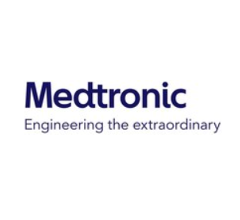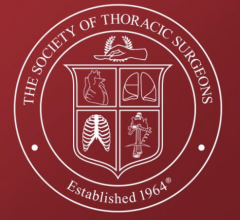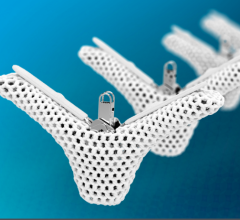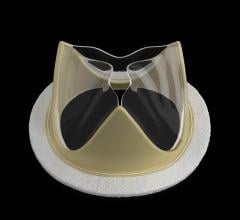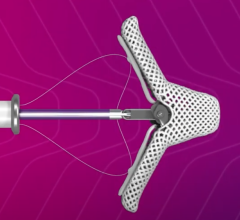
January 19, 2023 — Abbott announced that the U.S. Food and Drug Administration (FDA) has approved the company's latest-generation transcatheter aortic valve implantation (TAVI) system, Navitor, to treat people with severe aortic stenosis who are at high or extreme risk for open-heart surgery. The Navitor TAVI system is the latest addition to the company's comprehensive transcatheter structural heart portfolio that offers less invasive treatment options to physicians and patients for some of the most common and serious heart diseases.
Aortic stenosis occurs when the aortic valve's opening narrows, restricting blood flow to the body. Left untreated, it can lead to heart failure and death. For patients with severe aortic stenosis who are at high or extreme surgical risk due to the potential complications stemming from age, frailty, or having multiple other diseases or conditions, physicians may opt for a minimally invasive procedure using TAVI therapies such as the Navitor system.
"Abbott's Navitor device features advancements to help doctors safely and effectively treat patients with aortic stenosis, including a design that reduces the backflow of blood around the valve that's often a complication following TAVI procedures," said Michael Reardon, M.D., Alison Family Distinguished Chair of Cardiovascular Research and professor of cardiothoracic surgery at the Houston Methodist Hospital, who served as principal investigator for the study that led to FDA approval. "The innovative Navitor system also offers physicians stable and accurate device placement, even in challenging patient anatomies."
Navitor features a unique fabric cuff (NaviSeal) to reduce or eliminate the backflow of blood around the valve frame known as paravalvular leak (PVL). Additionally, the new device is the only self-expanding TAVI system with leaflets within the native valve; this design can help improve access to coronary arteries to facilitate future procedures for treating coronary artery disease. The system provides excellent hemodynamics, or blood flow, through the valve. The Navitor device is implanted using Abbott's FlexNav™ delivery system, which features a slim design to accommodate different patient anatomies and small vessels for stable, predictable and accurate valve delivery and placement.
"Our Navitor valve builds upon our industry-leading portfolio of minimally invasive devices that surpass existing standards of care to address a range of heart diseases," said Michael Dale, senior vice president of Abbott's structural heart business. "Navitor is the first TAVI system to offer optimal hemodynamics in all valve sizes while also preserving options for lifetime disease management, an important consideration for physicians and patients when selecting a TAVI solution. Receiving this approval is a major next step in our mission to help people live better lives through better health."
For more information: https://abbo.tt/NavitorISI
Related MitraClip, Triclip, Amulet and Portico Content:
MitraClip Reduces Mortality for Heart Failure Patients With Secondary Mitral Regurgitation
VIDEO: MitraClip to Treat Heart Failure - Results of the COAPT Trial — Interview with William Abraham, M.D.,
VIDEO: Echocardiographic Findings in the COAPT Trial — Interview with Federico Asch, M.D.
FDA Approves MitraClip for Use in Heart Failure Patients With Functional Mitral Regurgitation
VIDEO: Impact of the COAPT Trial on Heart Failure Patients With Functional Mitral Regurgitation — Interview with Andreas Brieke, M.D.
Transcatheter Mitral Valve Repair is Cost-Effective in Heart Failure Patients
TAVR Expected to See Rapid Growth in Next 5 years
FDA Clears Abbott Amplatzer Amulet LAA Occluder to Reduce Stroke in People With Atrial Fibrillation
Portico TAVR System Found Safe and Effective for High-Risk Surgical Patients
Portico TAVR System Reduces Severe Aortic Stenosis at 30 Days in Real-World Setting

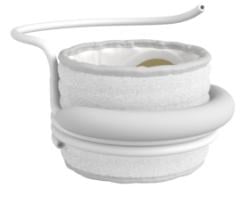
 December 24, 2025
December 24, 2025 


